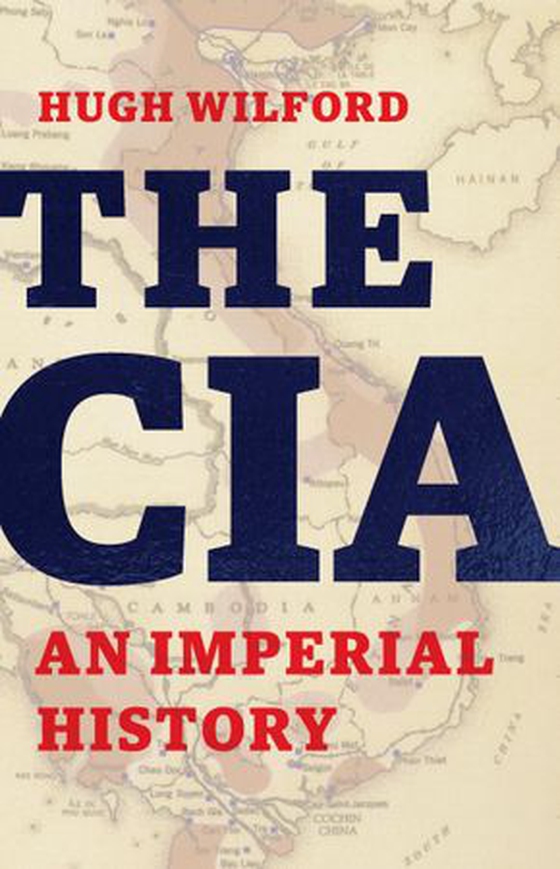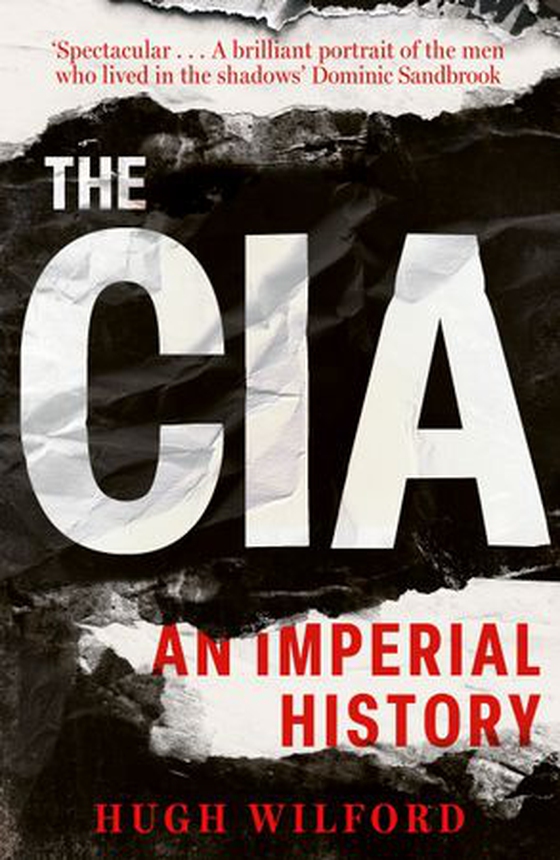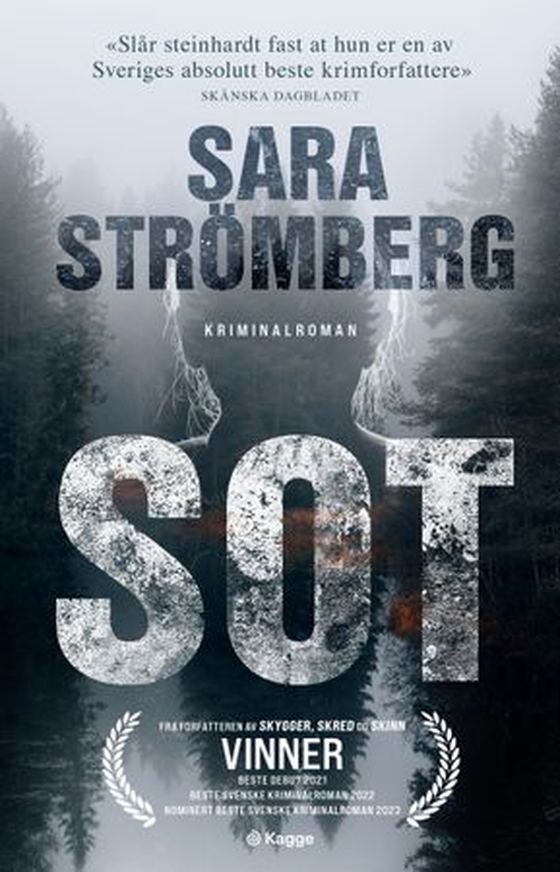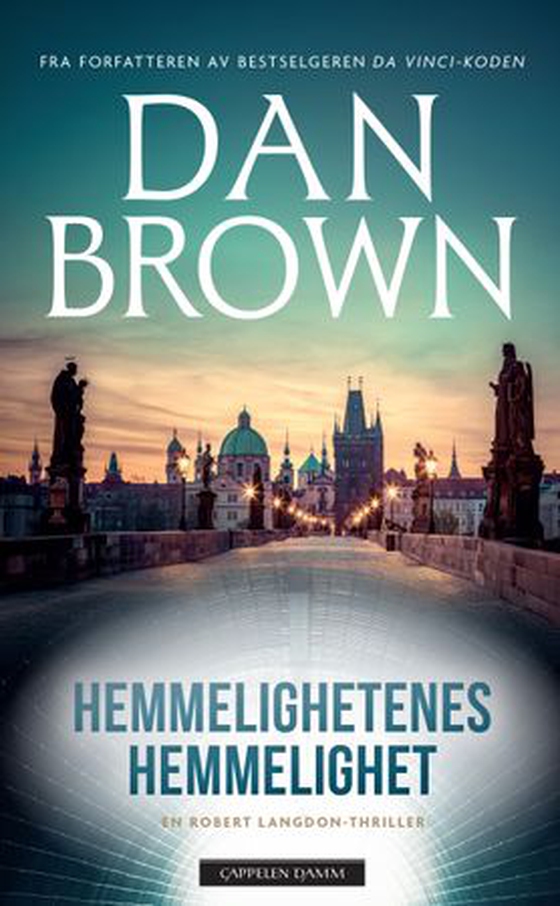
The CIA ebok
179,-
In this “superb” (Kathryn Olmsted) new history of American intelligence, a celebrated historian uncovers how the CIA became the foremost defender of America’s covert global empireAs World War II ended, the United States stood as the dominant power on the world stage. In 1947, to support its new global status, it created the CIA to analyze foreign intelligence. But within a few years, the Agency w…
In this “superb” (Kathryn Olmsted) new history of American intelligence, a celebrated historian uncovers how the CIA became the foremost defender of America’s covert global empireAs World War II ended, the United States stood as the dominant power on the world stage. In 1947, to support its new global status, it created the CIA to analyze foreign intelligence. But within a few years, the Agency was engaged in other operations: bolstering pro-American governments, overthrowing nationalist leaders, and surveilling anti-imperial dissenters at home.The Cold War was an obvious reason for this transformation—but not the only one. In The CIA, celebrated intelligence historian Hugh Wilford draws on decades of research to show the Agency as part of a larger picture, the history of Western empire. While young CIA officers imagined themselves as British imperial agents like T. E. Lawrence, successive US presidents used the covert powers of the Agency to hide overseas interventions from postcolonial foreigners and anti-imperial Americans alike. Even the CIA’s post-9/11 global hunt for terrorists was haunted by the ghosts of empires past.Comprehensive, original, and gripping, The CIA is the story of the birth of a new imperial order in the shadows. It offers the most complete account yet of how America adopted unaccountable power and secrecy abroad and at home.
Undertittel
An Imperial History
Forlag
Basic Books
Utgitt
04.06.2024
Sjanger
Språk
English
Format
epub
DRM-beskyttelse
LCP
ISBN
9781541645905
In this “superb” (Kathryn Olmsted) new history of American intelligence, a celebrated historian uncovers how the CIA became the foremost defender of America’s covert global empire
As World War II ended, the United States stood as the dominant power on the world stage. In 1947, to support its new global status, it created the CIA to analyze foreign intelligence. But within a few years, the Agency was engaged in other operations: bolstering pro-American governments, overthrowing nationalist leaders, and surveilling anti-imperial dissenters at home.
The Cold War was an obvious reason for this transformation—but not the only one. In The CIA, celebrated intelligence historian Hugh Wilford draws on decades of research to show the Agency as part of a larger picture, the history of Western empire. While young CIA officers imagined themselves as British imperial agents like T. E. Lawrence, successive US presidents used the covert powers of the Agency to hide overseas interventions from postcolonial foreigners and anti-imperial Americans alike. Even the CIA’s post-9/11 global hunt for terrorists was haunted by the ghosts of empires past.
Comprehensive, original, and gripping, The CIA is the story of the birth of a new imperial order in the shadows. It offers the most complete account yet of how America adopted unaccountable power and secrecy abroad and at home.
As World War II ended, the United States stood as the dominant power on the world stage. In 1947, to support its new global status, it created the CIA to analyze foreign intelligence. But within a few years, the Agency was engaged in other operations: bolstering pro-American governments, overthrowing nationalist leaders, and surveilling anti-imperial dissenters at home.
The Cold War was an obvious reason for this transformation—but not the only one. In The CIA, celebrated intelligence historian Hugh Wilford draws on decades of research to show the Agency as part of a larger picture, the history of Western empire. While young CIA officers imagined themselves as British imperial agents like T. E. Lawrence, successive US presidents used the covert powers of the Agency to hide overseas interventions from postcolonial foreigners and anti-imperial Americans alike. Even the CIA’s post-9/11 global hunt for terrorists was haunted by the ghosts of empires past.
Comprehensive, original, and gripping, The CIA is the story of the birth of a new imperial order in the shadows. It offers the most complete account yet of how America adopted unaccountable power and secrecy abroad and at home.
Ingen anmeldelser ennå








